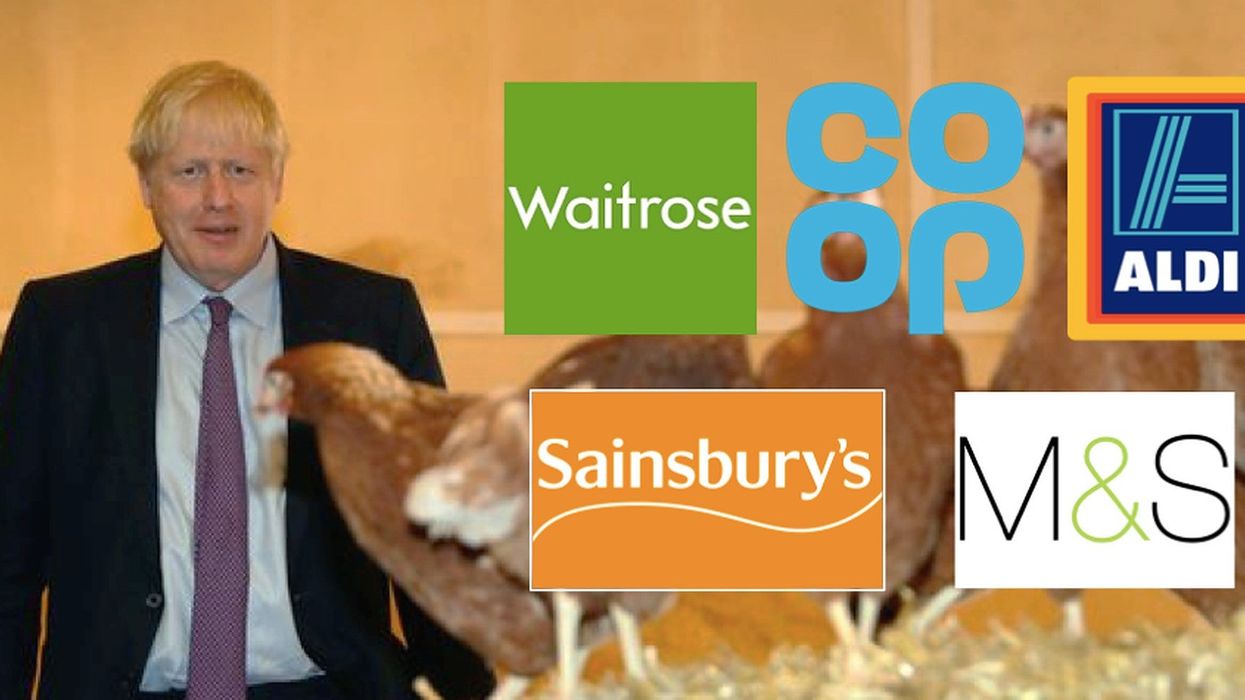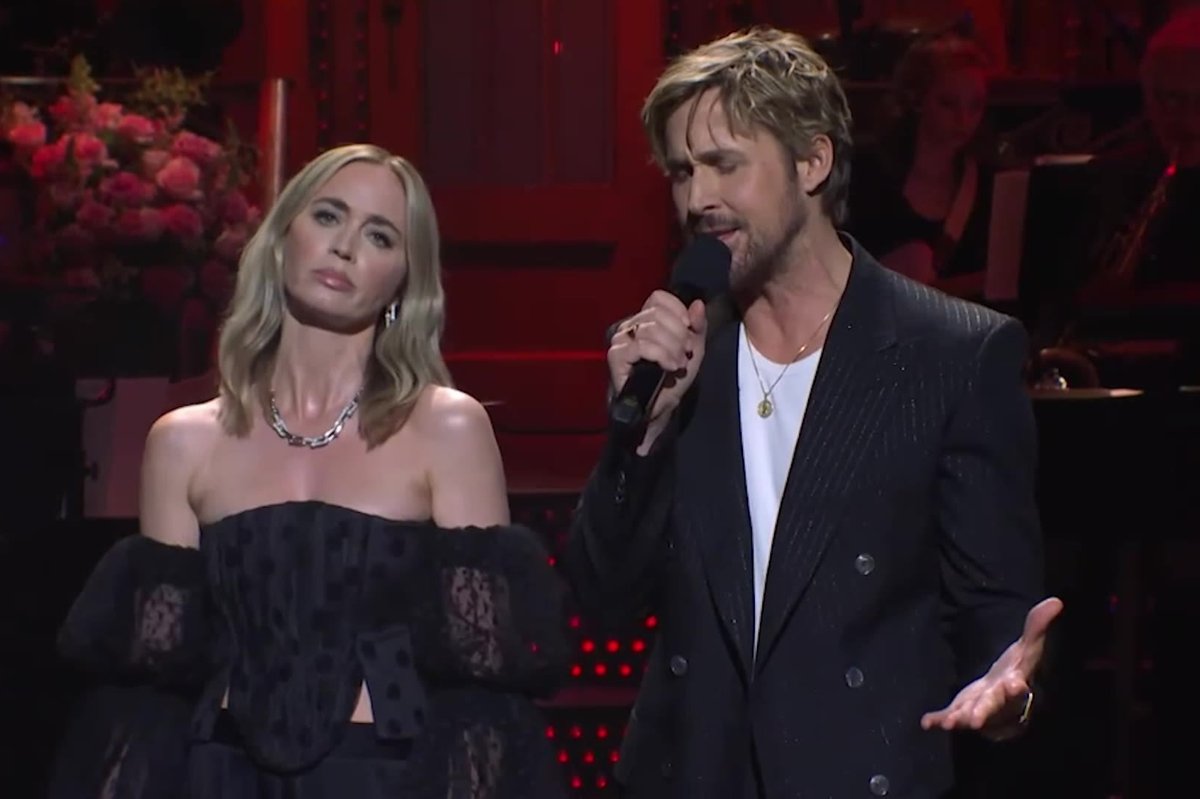News

GETTY
Out of all of the divisiveness of Brexit, there’s one thing most British people seem to agree on: that we don’t want to be anywhere near chlorinated chicken.
After Boris Johnson’s government made a major U-turn, having originally promised not to allow chlorinated chicken into the UK, supermarkets are taking matters into their own hands.
Waitrose was the first to announce that it will refuse to stock chlorinated chicken and hormone injected beef: two of the most controversial items which the UK may have to embrace in a post-Brexit world. Executive director James Bailey added:
Whatever happens, let me give you our commitment. We promise we will never sell any Waitrose product that does not meet our own high standards.
Waitrose isn’t the only supermarket that’s taking a stand on this issue. Now Co-op, Aldi, Marks & Spencer and Sainsbury’s have all pledged not to sell chlorinated chicken.
Tesco, the UK’s biggest supermarket, hasn't released a new statement but say their position remains “unchanged” since its CEO in September ruled out relaxing food standards.
Dave Lewis told an event hosted by The Financial Times:"There is no US sourcing of chicken on my mind."
When people talk about let's go back to genetically modified goods or chlorinated chicken, if you have that conversation with UK customers, then they reject it. As a retailer we will have to respect what people want.
So what is chlorinated chicken?
Chlorinated chicken is poultry meat that has been washed with chlorine. After slaughter, the chickens are rinsed with an antimicrobial chlorine wash to protect consumers from food-borne diseases.
These products are banned under EU regulations, and the Tories promised to maintain the ban post-Brexit, but we have yet to see legislation which would do so.
In the US, these methods are incredibly common and have been used for decades. While the US exports around $13bn of food and drink to the EU, almost no chicken has been included because of the practice.
Why is this such a hot topic?
Post-Brexit all this could change were the UK to agree a trade deal with the US. But chlorinated chicken, which undergoes a chemical process to rinse them of any bacteria, has caused widespread alarm.
US regulators argue that this process is perfectly safe, and that the EU actually approves a similar process for fruit and vegetables, however the EU argues that the process can be used to compensate for poor hygiene along the supply chain, particularly on farms, and that it can be used as a "quick fix".
Why do these statements matter?
The statements will be a blow to Boris Johnson, as they’ll be interpreted as a signal that supermarkets and consumers don’t trust the new standards that are being ushered in. It’s not exactly a vote of confidence in the UK-US negotiations when supermarkets are outwardly rejecting things that are currently “on the table”.
So while chlorinated chicken might be up for negotiation, it’s not going to be appearing on our plates anytime soon.
Phew.
Top 100
The Conversation (0)
x













